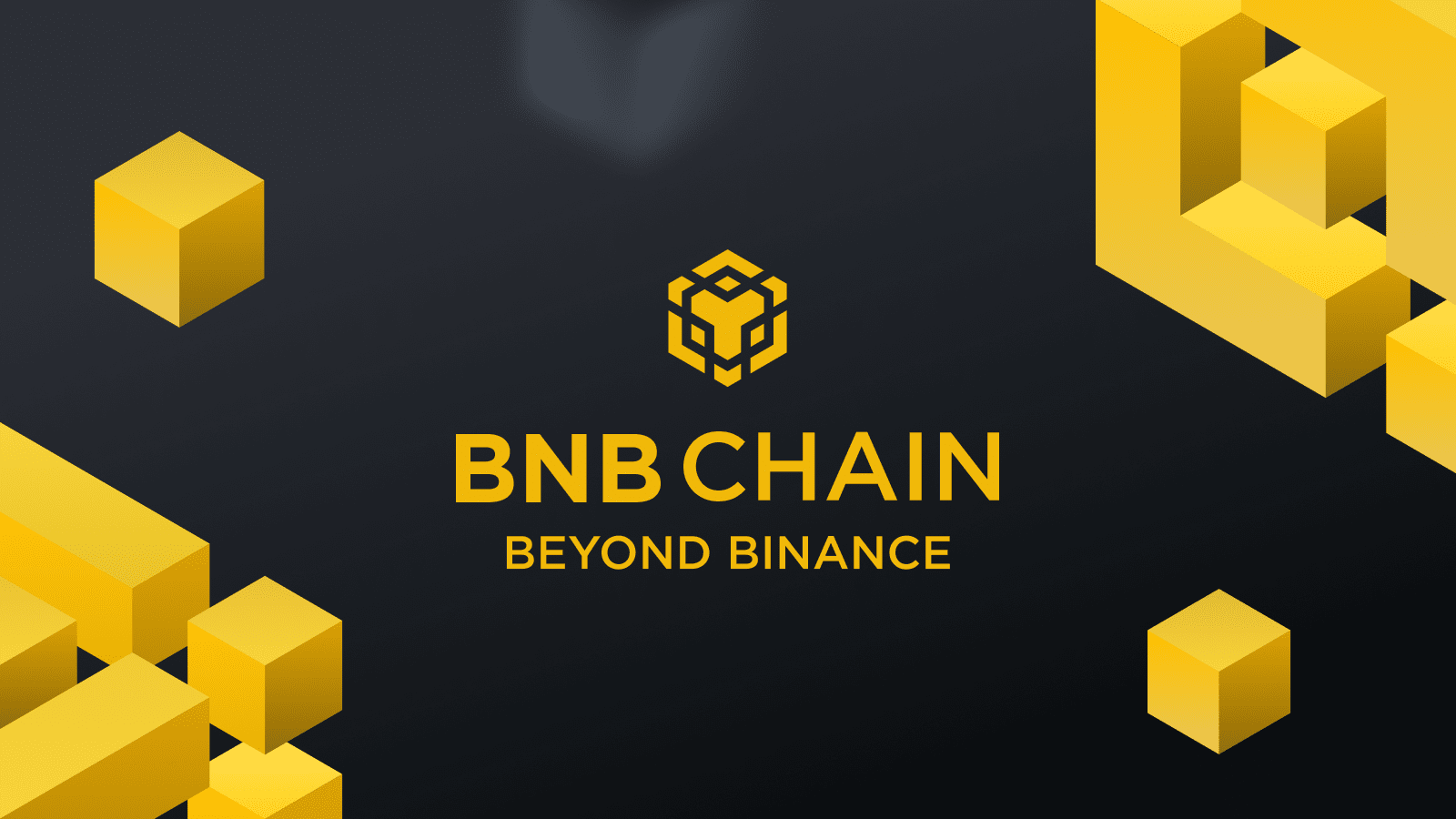Alright, folks, buckle up! Bulgaria’s President Radev just threw a wrench into the country’s planned 2026 Eurozone entry. He’s demanding a national referendum – a public vote – on whether to ditch the Lev and embrace the Euro. And frankly, he’s right to be cautious.
This isn’t some smooth, calculated move. Radev is clearly signaling deep unease about Bulgaria’s readiness. We’re talking rampant inflation gnawing at people’s wallets, a public utterly distrustful of the government, and a startling absence of concrete plans to shield citizens from economic fallout. It’s a recipe for disaster if implemented without public buy-in.
Let’s be clear: joining the Eurozone isn’t just about technicalities; it’s a matter of national identity and economic security. To rush into it without widespread support is simply reckless.
Here’s a quick breakdown for those needing a refresher:
The Eurozone isn’t a free lunch. Membership requires adhering to strict fiscal discipline, potentially limiting a country’s ability to respond to economic shocks independently.
Bulgaria is obligated to meet the Maastricht criteria, including inflation rates, government debt levels, and exchange rate stability before being allowed in.
A referendum is a powerful tool for democratic accountability. It forces governments to genuinely assess public sentiment before making such monumental decisions.
Right now, and Radev accurately points this out, there’s no societal consensus in Bulgaria regarding Euro adoption. The timing’s off, the conditions aren’t right, and a rushed embrace of the Euro could spark considerable economic and political turmoil.
This is a bold move by the President, a calculated risk to protect the Bulgarian people. The question is whether the National Assembly will even entertain his proposal. The market’s watching closely, and I’ll be here to break it down as it unfolds.





